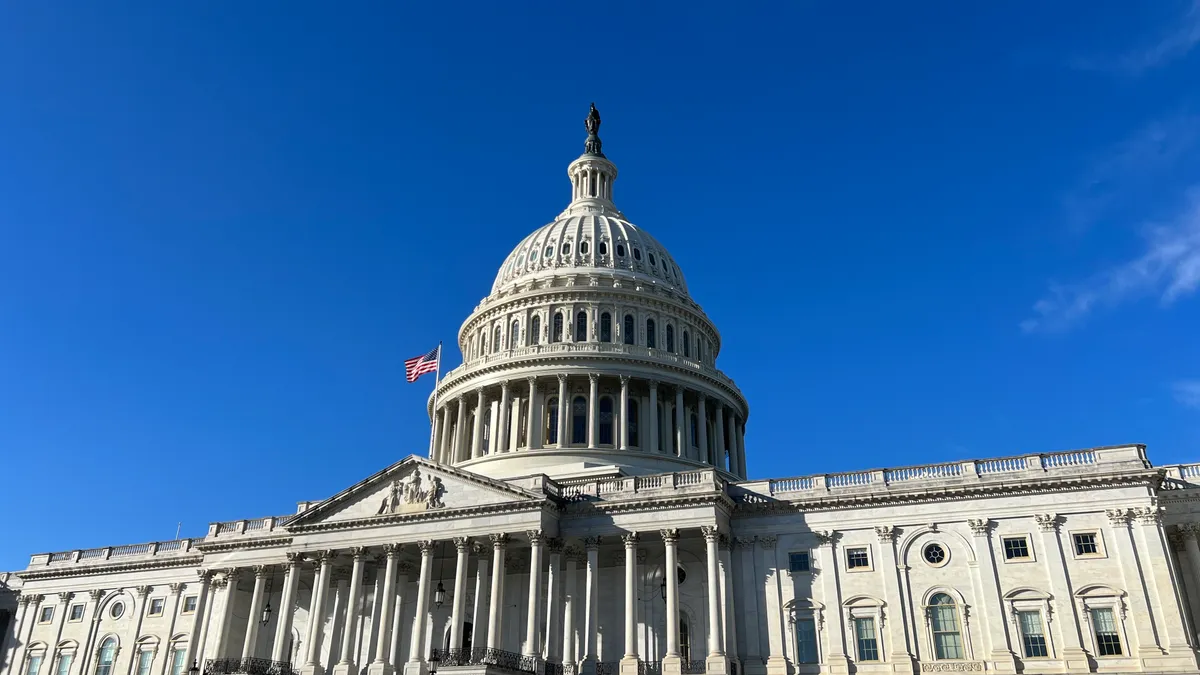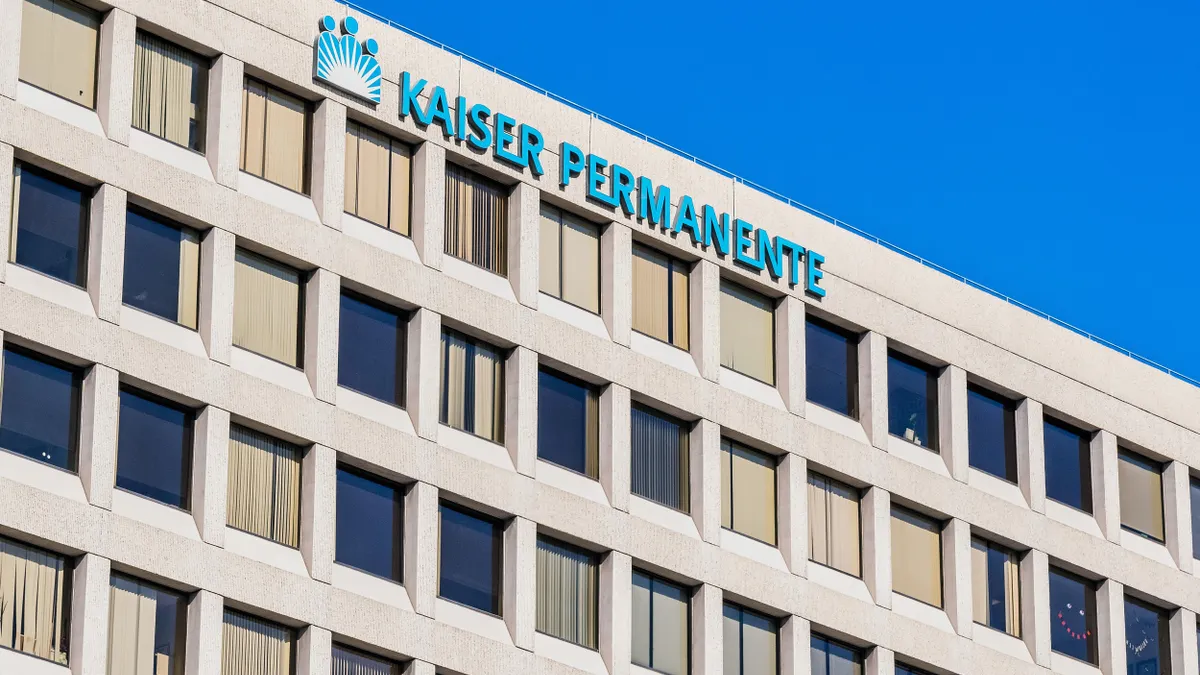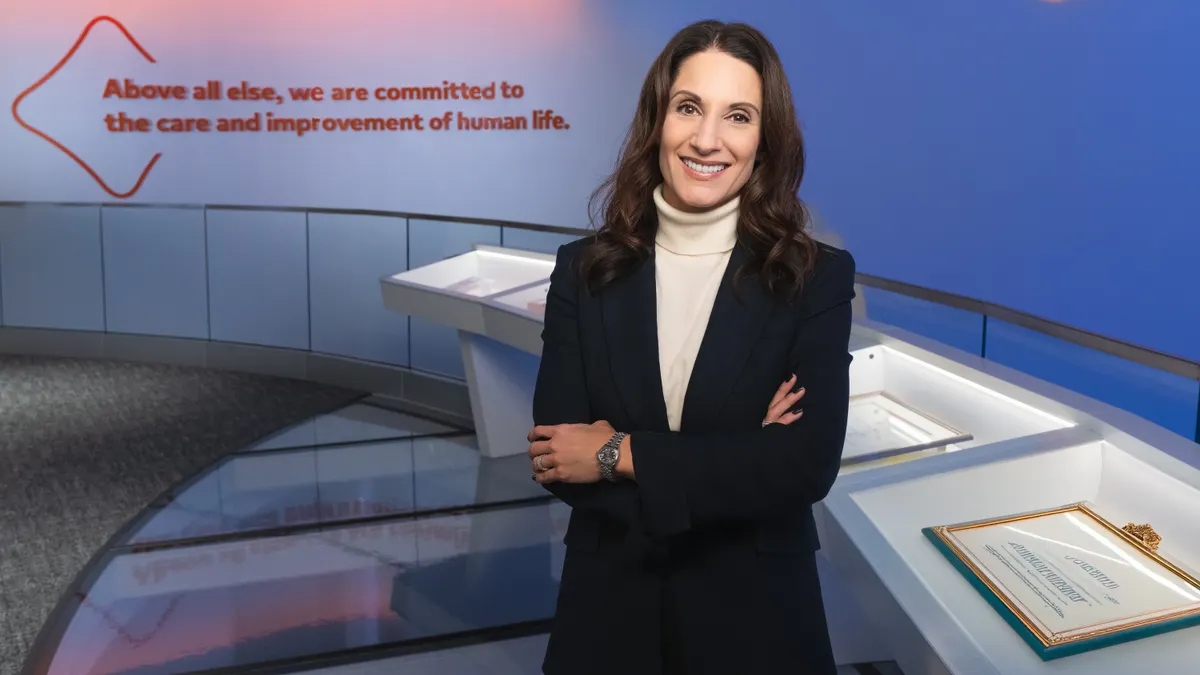Senators on both sides of the aisle expressed support for reforming the 340B drug discount program during a Thursday hearing of the Health, Education, Labor, and Pensions Committee — though lawmakers also cautioned that a careful approach is needed to ensure changes don’t harm rural hospitals and health centers.
The hearing centered around concerns that 340B, although well-intentioned, has grown too large and may not ultimately benefit patients.
The program was created more than 30 years ago to allow healthcare providers that serve large populations of low-income patients to buy outpatient drugs at a significantly discounted rate. However, it’s grown massively over the years. Over 60,000 participants now use 340B, a more than 600% since 2000, according to a report authored by HELP Committee Chair Sen. Bill Cassidy, R-La., earlier this year.
Federal spending has also risen alongside the program’s growth, according to the Congressional Budget Office. The discount drug program encourages covered entities to vertically consolidate and incentivizes prescribing more expensive drugs — all of which contribute to increased costs, according to the CBO.
“Anyone who says 340B is cost-neutral to the taxpayer, isn’t paying attention. As the 340B program grows, so do healthcare costs,” Cassidy said during the hearing.
Drugmakers have also accused 340B providers of serving ineligible patients and duplicating discounts. The government currently lacks sufficient oversight to address these concerns, according to testimony from Michelle Rosenberg, director of healthcare at the U.S. Government Accountability Office.
For example, Rosenberg said the Health Resources and Services Administration, the HHS agency that oversees 340B, does not have sufficient data to ensure participating hospitals meet eligibility requirements.
HRSA also doesn’t assess if covered entities are complying with rules aiming to prevent duplicate discounts, she said.
“Over the years, the program has grown and become more complex. Federal oversight needs to catch up with this growth and related changes in order to ensure that the program is operating as Congress intended,” Rosenberg told senators.
During the hearing, both Republican and Democrat senators called for reforms, including more transparency and oversight of 340B.
Efforts are being led by a bipartisan working group formed in March, comprised of Sens. Jerry Moran, R-Kan.; Tammy Baldwin, D-Wis.; Shelley Moore Capito, R-W.V.; Tim Kaine, D-Va.; Markwayne Mullin, R-Okla.; and John Hickenlooper, D-Colo.
Initiatives include increasing transparency around how revenue is generated in the program and how it is spent, according to Baldwin. Senators also want more funding for HRSA to conduct audits of covered entities, and some limits on where facilities can claim ‘child sites’ that benefit from 340B discounts to ensure they’re also in areas serving vulnerable patients.
Sen. Roger Marshall, R-Kan., pushed for a bill on 340B reform to be ready by the end of the year.
“Before we leave for Christmas, I hope that we have a legislation pass through committee, marked up, and I think we're real close on what that looks like,” Marshall said. “I think it's time to quit thinking about it and wondering. We know what to do.”
However, some of his colleagues, including Kaine and Sen. Patty Murray, D-Wash., urged a more cautious approach. The senators noted that any changes to the 340B program will come as providers prepare to weather an influx of uninsured patients due to Republican-backed cuts to Medicaid and a potential expiration of ACA subsidies.
“For some providers, 340B can mean the difference between staying open and closing their doors, and that's why, in the face of these devastating Republican cuts to our healthcare system, we must ensure that the 340B program is sustainable for years to come and can support our safety-net healthcare providers,” said Baldwin.
Others were more adamant that reforms be targeted towards bad actors in the program. Sen. Tommy Tuberville, R-Ala., said he didn’t want to see any changes made to the 340B program in his state, arguing that rural hospitals depend on it for survival.
“Eighty-three percent of rural hospitals in my state operate at a loss. If other states want to highlight hospital systems that are flush with cash, then reform efforts should be directed towards those,” Tuberville said.
Witnesses were quick to note that they did not support reforms that would undermine the heart of the 340B program.
“What we don't want to do is to take away access to care in communities that really need it,” said Dr. William Feldman, a health policy researcher at the University of California.
However, he said research suggested that some 340B facilities place satellite clinics in affluent areas.
“I think one of the things you all should think about in reforming the program is how to get these clinics, these pharmacies, that 340Bs contract with into areas serving more disadvantaged patient populations,” Feldman said.
Congress should crack down on 340B entities’ aggressive debt collection practices and should also consider requiring facilities to provide patients with more assistance for out-of-pocket costs, he said.
Some efforts to overhaul the 340B program are already in the works. For example, the Trump administration plans to pilot a rebate program next year in which drugmakers issue rebates to hospitals instead of upfront discounts.
340B rebates are deeply unpopular with hospitals. Experts at Thursday’s hearing were also lukewarm on the idea.
“I worry about this model for a couple of reasons,” Feldman said. “Some institutions may not have the cash to make that payment up front, and ... it puts the pharmaceutical industry in control of determining which which rebates to to give.”





















